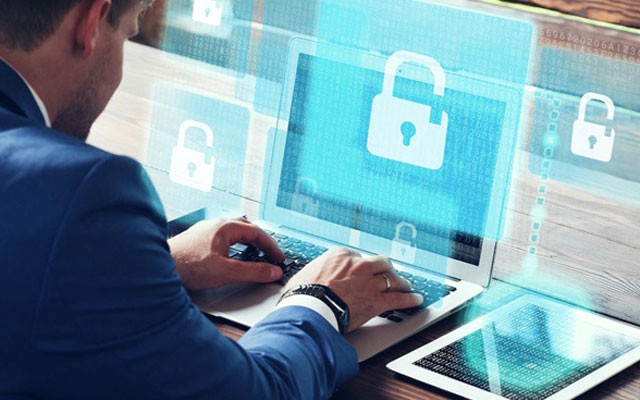
Website ban: UNBA warned about conditions and risks

The Government decided to increase the level of cyber defense and introduce additional sectoral sanctions, namely, a ban on the use of software products originating from a sanctioned country, as well as a ban on access to electronic information resources on the Internet.
To this end, the Administration of the State Service for Special Communications and Information Protection of Ukraine developed, and the Cabinet of Ministers supported and submitted to the Verkhovna Rada the draft law No. 11492 of August 19, 2024 «On Amendments to the Law of Ukraine «On Sanctions» on the Prohibition of the Use of Software Products and Access to Electronic Information Resources».
The Committee of the Ukrainian National Bar Association on Electronic Justice and Cybersecurity of Legal Practice analyzed this initiative and noted that the ban on websites can be applied for various reasons, and not necessarily only because of ties with the aggressor state. This may include issues of national security, protection of citizens from harmful content or unfair business practices. However, such actions can create corruption risks. And without clear and transparent procedures governing the banning of websites, there may be room for abuse by those who make such decisions.
Corruption risks associated with website bans may include:
1. Abuse of power: Individuals or authorities who have the right to ban websites may use this for personal gain or revenge. For example, a situation may arise when a competitor's website is blocked without proper grounds.
2. Selectivity in the application of bans: the possibility of non-transparent selection of websites for blocking can lead to a situation where some resources are banned, while others with similar violations remain available. This may be the result of corrupt arrangements or bribery.
3. Bribery: Those responsible for making decisions on banning may demand bribes from site owners in exchange for not blocking their site or for having it removed from blocking.
4. Non-transparent criteria: The absence of clear and transparent criteria for banning websites can create a field for manipulation. For example, a website may be blocked under the guise of national security without substantiated evidence that it poses a real threat.
5. Political pressure and censorship: website bans can be used as a tool to restrict freedom of speech and put pressure on opposition media or independent sources of information. Political opponents may be targeted for blocking under the pretext of protecting national interests.
To mitigate these risks, it is important to consider the following aspects:
1) Temporariness and clear justification: restrictions imposed during martial law should be temporary and lifted as soon as the threats that caused them disappear. It is important that every decision to block is justified by real threats to national security;
2) respect for human rights: even during martial law, the state is obliged to respect fundamental human rights. Blocking of websites should be carried out in a way that minimally restricts freedom of speech and does not interfere with legitimate activities;
3) transparency and accountability: despite the conditions of martial law, it is important to maintain a certain level of transparency regarding decisions to block websites. While details may not always be made public for security reasons, general information about the reasons for blocking and the grounds should be available;
4) control and oversight: a mechanism for independent control over the actions of the authorities responsible for blocking websites should be established. This will help prevent abuse and ensure that such actions are truly in line with national security goals;
5) the possibility of appeal: owners of blocked websites should have the right to appeal the decision to block them even during martial law. Appeal mechanisms should be prompt and effective.
The UNBA believes that despite martial law, restrictions should be clearly regulated, controlled and transparent to prevent corruption risks and abuse of power. Respect for human rights and transparency are fundamental principles that should remain a priority even in difficult times.
The UNBA asks the Verkhovna Rada Committee on National Security, Defense and Intelligence to take these comments and suggestions into account when considering the draft law.
© 2025 Unba.org.ua Всі права захищені
"Національна Асоціація Адвокатів України". Передрук та інше використання матеріалів, що розміщені на даному веб-сайті дозволяється за умови посилання на джерело. Інтернет-видання та засоби масової інформації можуть використовувати матеріали сайту, розміщувати відео з офіційного веб-сайту Національної Асоціації Адвокатів України на власних веб-сторінках, за умови гіперпосилання на офіційний веб-сайт Національної Асоціації Адвокатів України. Заборонено передрук та використання матеріалів, у яких міститься посилання на інші інтернет-видання та засоби масової інформації. Матеріали позначені міткою "Реклама", публікуються на правах реклами.